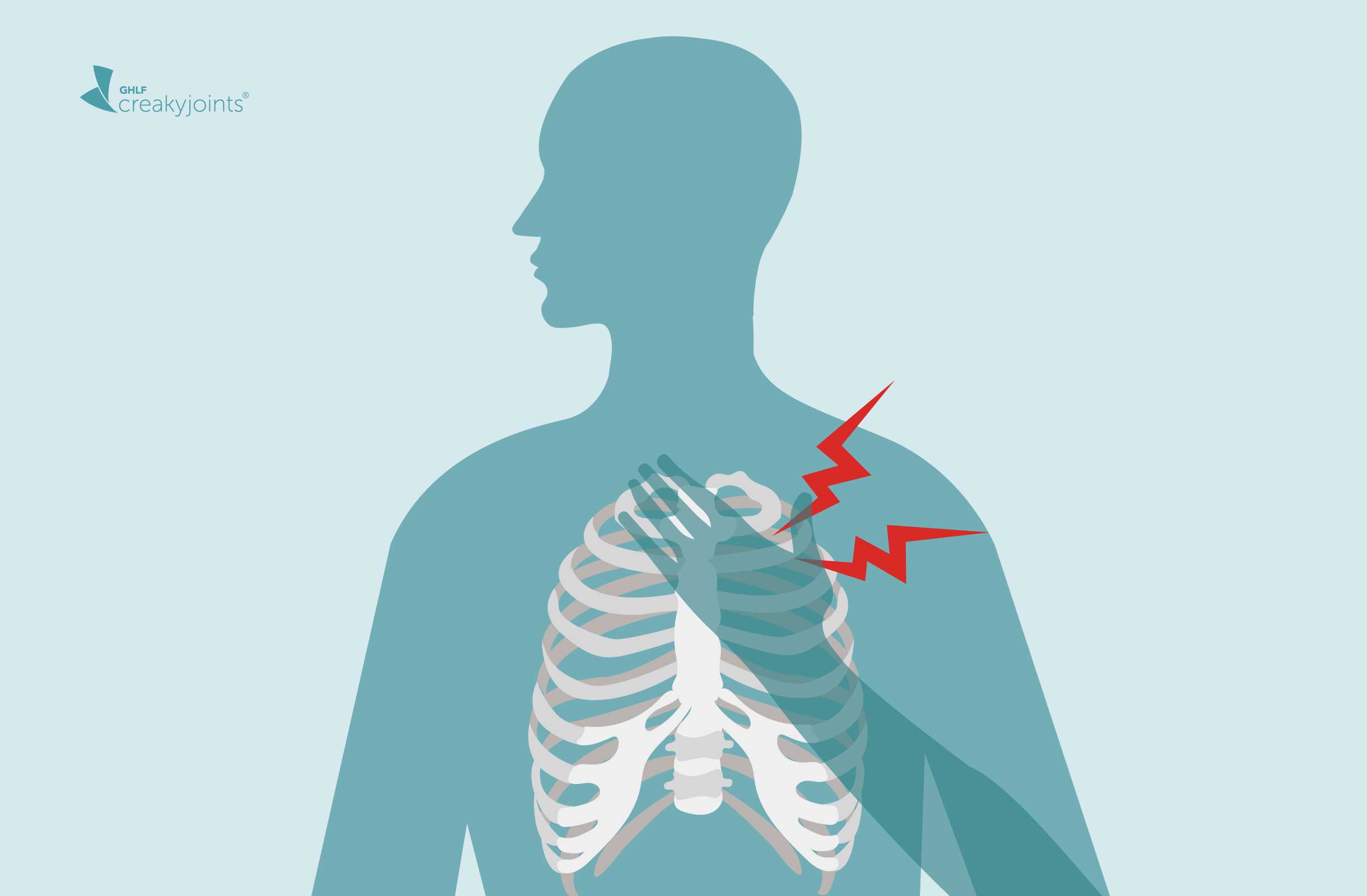

Indigestion, also called upset stomach, dyspepsia, or functional dyspepsia, is not a disease but a collection of very common symptoms. GERD (gastroesophageal reflux disease) in infants refers to the passage of stomach contents into the throat causing troublesome symptoms, such as feeding intolerance, inadequate oral intake of calories and/or poor weight gain.

This list does not constitute medical advice and may not accurately represent what you have. If you are having chest pain, this needs immediate medical attention. Heart disease or heart attack: Sometimes people feel they have heartburn, when in fact its a heart attack.Though annoying, it usually disappears immediately after giving birth.
/chestpainfinal-01-5c1b07abc9e77c0001fecc31.png)
Pregnancy: Heartburn is a common symptom of pregnancy.Peptic ulcer disease: Heartburn is a common issue in people with ulcers.This happens when the upper portion of the stomach moves up into the chest and allows stomach acid to easily enter the esophagus. Acid reflux disease: Acid reflux can be caused by anatomic issues in the stomach and esophagus, such as a hiatal hernia.Heartburn may be related to other medical conditions, such as the following. Smoking: This is a huge cause of frequent heartburn symptoms.Being overweight: Obesity causes a variety of issues, including heartburn.Heartburn is more likely if you eat right before bed, have midnight snacks, or eat after drinking alcohol. Drinking tomato juice, citrus juice, caffeinated beverages, carbonated beverages, or alcohol can also lead to heartburn. Eating habits: Eating spicy food, garlic, citrus, deep-fried or fatty foods, onions, tomatoes, tomato sauce, pizza, or chocolate can cause heartburn.Stress: If you find yourself under tremendous amounts of stress on a regular basis, heartburn can begin to occur frequently, even if you've never experienced it before.You may be experiencing heartburn due to lifestyle habits or certain events. You should see a physician for persistent or worsening heartburn and a proper diagnosis. The following details may help you better understand your heartburn symptoms. If you're battling heartburn daily or close to it, you should see a physician. If you only occasionally experience heartburn symptoms, you aren't alone, and probably don't need to worry about an underlying medical issue. Feeling as if food is stuck in your throat.Strange taste(s): Such as sour, acidic, or salty fluid toward the throat.Chest pain: Often behind the breastbone.Discomfort that typically presents itself after eating.Burning sensation in the chest: Located behind the breastbone.If you're experiencing heartburn, it's also likely to experience: Heartburn occurs when stomach acid travels up into your esophagus and burns its lining. If you've experienced this before, you can credit the burning and discomfort to heartburn. But as soon as you lay back down, the pain comes back. March 15, 2018.You've just turned in for the night and are starting to relax, but then you feel a burning sensation in your chest. Management of gastroesophageal reflux disease in children and adolescents. Philadelphia, Pa.: Saunders Elsevier; 2016. Clinical manifestations and diagnosis of gastroesophageal reflux in adults. In: Sleisenger and Fordtran's Gastrointestinal and Liver Disease: Pathophysiology, Diagnosis, Management.


 0 kommentar(er)
0 kommentar(er)
